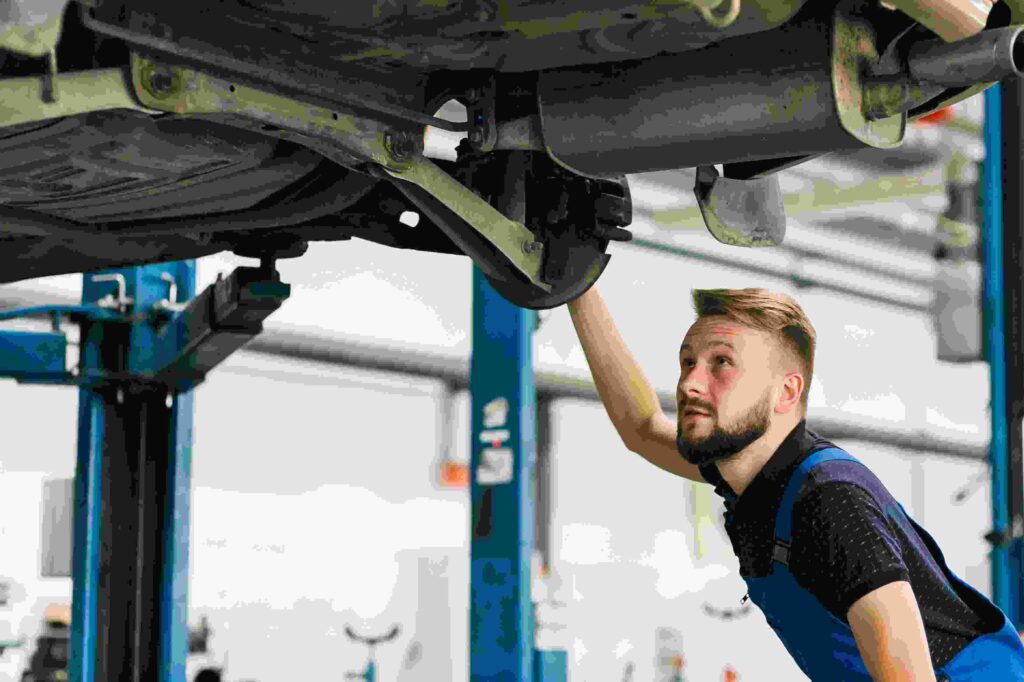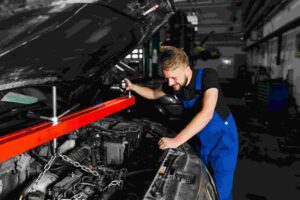
Owning a car comes with a sense of freedom, convenience, and responsibility. Whether you’re a new driver or a seasoned vehicle enthusiast, understanding the importance of regular car maintenance can save you time, money, and unnecessary stress. In this post, we’ll explore the top five essential car maintenance tips that every vehicle owner should know. By following these guidelines, you can ensure your car remains in top-notch condition, providing a safe and efficient driving experience.
Introduction to Car Maintenance
Keeping your car well-maintained is much like looking after your own health. It’s all about prevention and addressing small issues before they become major headaches. Regular maintenance not only extends the life of your vehicle but also enhances its performance and safety. Neglecting basic upkeep can lead to costly repairs and potentially dangerous situations on the road.
For many car owners, the idea of maintenance can seem daunting. However, it’s important to realize that car care doesn’t have to be complicated or time-consuming. By instilling a few simple habits, you can keep your vehicle running smoothly and avoid unexpected breakdowns. Let’s look at the key areas you need to focus on.
In this guide, we’ll cover five fundamental maintenance tasks that every car owner should prioritize. These tips will help you develop a routine that ensures your vehicle operates safely and efficiently, helping you enjoy a worry-free driving experience.
The Role of Oil in Vehicle Performance
Oil is the lifeblood of your engine. It lubricates the moving parts, reduces friction, and prevents overheating. Without proper oil levels, your engine would quickly succumb to wear and tear, leading to significant damage. Regular oil checks and changes are critical for maintaining engine health.
Changing your oil according to your car’s manual or mechanic’s recommendations is essential. Typically, this is every 3,000 to 5,000 miles, but it can vary based on the type of oil and vehicle. Fresh oil improves engine efficiency and longevity, ensuring your car runs smoothly.
Keep an eye on your oil level using the dipstick under the hood. If the oil seems dirty or the level is low, it’s time for a change. Ignoring these signs can lead to decreased performance and potentially costly repairs.
Understanding Tire Pressure and Tread Depth
Your tires are the primary point of contact between your car and the road. Maintaining proper tire pressure and tread depth is crucial for safety and fuel efficiency. Underinflated tires can lead to poor handling, reduced gas mileage, and increased wear and tear.
Regularly check your tire pressure using a reliable gauge. Most cars have a sticker inside the driver’s door with the recommended pressure levels. Keeping your tires properly inflated ensures better traction, handling, and overall driving experience.
Additionally, inspect your tire tread depth, especially before long trips or during rainy seasons. Adequate tread depth provides better grip and prevents hydroplaning. A simple way to check tread depth is using the penny test; if Lincoln’s head is visible, it’s time for new tires.
The Importance of Clean Filters
Filters play a vital role in your car’s performance by removing impurities from the air and fluids. Over time, these filters can become clogged, reducing their effectiveness. Dirty filters can lead to decreased engine efficiency and poor air quality inside the vehicle.
Your engine air filter prevents dirt and debris from entering the engine. Replacing it regularly improves fuel efficiency and ensures optimal engine performance. Consult your car’s manual for the recommended replacement intervals.
Similarly, the cabin air filter keeps the air inside your car clean and free from allergens. Changing this filter regularly not only improves air quality but also prevents unpleasant odors. Your passengers will thank you for it!
Monitoring Fluid Levels
Beyond oil, your car relies on several other fluids to operate efficiently. Brake fluid, transmission fluid, coolant, and windshield washer fluid are just a few examples. Regularly checking these fluids ensures your car remains in good working order and prevents potential breakdowns.
Brake fluid is crucial for your car’s braking system. Low levels can lead to reduced braking performance, posing a safety risk. Make sure your brake fluid is topped up and free from contamination.
Coolant prevents your engine from overheating and protects it from extreme temperatures. Check the coolant level regularly and top it up if needed. Proper coolant levels ensure your engine stays cool and efficient.
Keeping Up with Scheduled Maintenance
Every vehicle comes with a manufacturer-recommended maintenance schedule. These guidelines help you stay on top of essential upkeep, ensuring your car’s longevity and reliability. Sticking to this schedule can prevent minor issues from escalating into significant problems.
Scheduled maintenance typically includes oil changes, filter replacements, fluid checks, and inspections of critical components like brakes and belts. Following this routine keeps your vehicle in peak condition and helps avoid unexpected breakdowns.
Establish a relationship with a trusted mechanic or service center to ensure your maintenance is done thoroughly and professionally. They can provide valuable advice tailored to your vehicle’s needs.
Conclusion to Car Maintenance Tips
Incorporating these five essential maintenance tasks into your routine can save you from expensive repairs and ensure a safer driving experience. Regular oil changes, tire checks, clean filters, fluid monitoring, and scheduled maintenance are simple yet effective ways to keep your car in top shape.
By taking a proactive approach to car care, you enhance your vehicle’s performance and longevity. Remember, a well-maintained car is not only more enjoyable to drive but also safer for you, your passengers, and other road users.
If you’re looking to learn more about car maintenance or need professional assistance, consider reaching out to local automotive experts who can guide you further. Happy driving!



